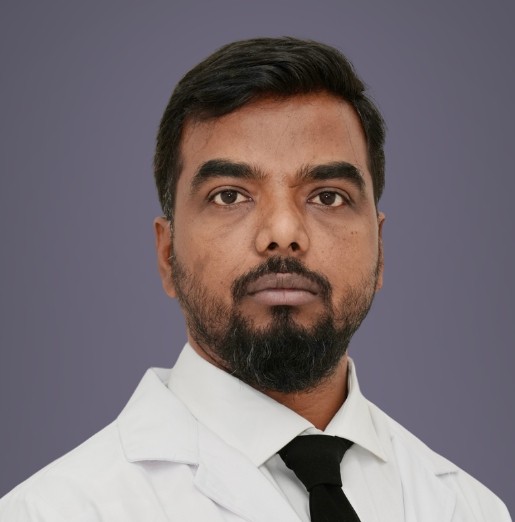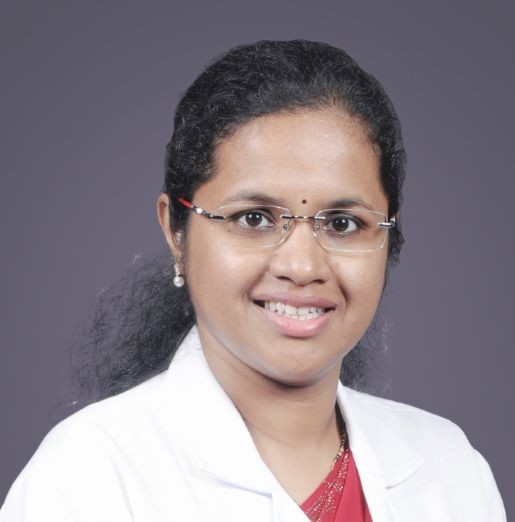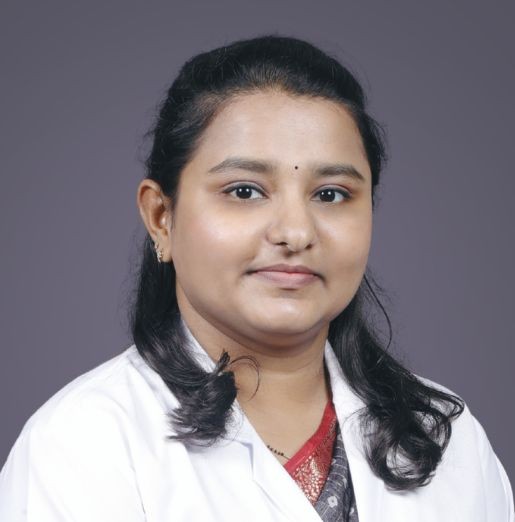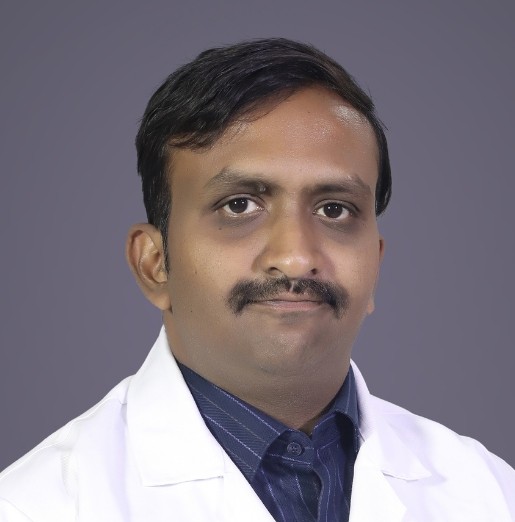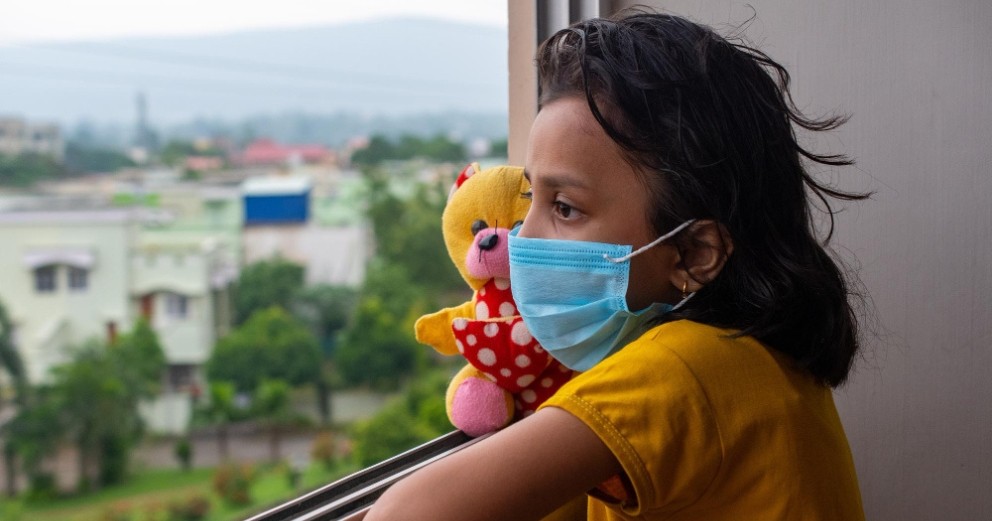The Neonatology Department at KIMS Hospitals in Mahadevapura now extends its services to all newborns, strengthening its expertise beyond treating babies with medical conditions.
The joy of having a baby can turn into fear if health issues emerge. Imagine how parents feel when their first precious moment holding their baby is replaced by the sight of their little one in an incubator, connected to medical machines.
With so many potential dangers linked to childbirth, parents need to trust capable and caring hands to protect their baby’s delicate new life.
Neonatologists report data indicating a rise in complications during pregnancy and issues at the time of delivery. This increase may be linked to older maternal ages or multiple births caused by assisted reproductive methods and other maternal medical complications. Premature births and other neonatal health challenges have become more common.
Delicate newborns require the care of skilled specialists who rely on advanced medical tools and modern neonatal technology. These key factors shape the care offered to families and babies at KIMS Hospital’s NICU in Mahadevapura.
What is a NICU?
The NICU, or Neonatal Intensive Care Unit, cares for newborn babies who need specialized care. It is part of the Neonatal-Perinatal Center at KIMS Hospital. Skilled doctors and nurses in the NICU support mothers and babies by diagnosing and treating health issues at the time and after delivery.
The NICU's mission is to protect and care for newborns from the moment they arrive in the delivery room until they are healthy enough to go home.Our mission also includes supporting mothers’ well-being, emotional understanding, and mental health throughout their baby’s NICU stay.
What Conditions does the Neonatology Department at KIMS Hospital in Mahadevapura Handle?
The Neonatology Department deals with health problems in newborns that cause serious symptoms and may lead to future health challenges.
Pregnant women face several conditions that can result in high-risk pregnancies posing harm to their unborn babies. These include diabetes, high blood pressure, kidney problems, preeclampsia which results in premature births, low birth weight babies, breathing difficulties at birth.
Newborns who are born too soon, having a low birth weight or being part of multiple births may suffer from issues affecting their breathing, heart, digestion, or nervous system.
The unit also handles delivery problems like labour that lasts too long or becomes obstructed, infections, high fever in the mother, or signs of meconium in amniotic fluid. They assist with abnormal delivery positions such as breech or transverse lie.
The unit is specialized in taking care of newborns born with birth defects like heart defects, neural tube defects, congenital diaphragmatic hernia etc.
Comprehensive newborn screening and management which includes hearing, thyroid, eye, jaundice, cyanotic heart defects are also provided in our unit
To Care for Newborns
Neonatologists and maternal-fetal medicine specialists work together to run NICU programs focused on treating and caring for mothers and newborns. Obstetricians care for mothers experiencing high-risk pregnancies until the delivery. During that period, the Neonatology Department team steps in to support the obstetricians. Once the baby is born, the NICU team becomes the main caregiver for the infant while obstetricians continue to take care of the mothers in the postpartum period . This teamwork not only ensures steady support for parents but also delivers reliable treatment and advice.
NICU looks after babies with health issues until they recover and reach a stable condition. Over the last year, KIMS Neonatology Department has delivered excellent neonatal care, offering advanced treatments through modern tools. From life-saving medical procedures to standard nursing support, infants receive care from skilled neonatologists. Parents can feel confident knowing their babies are in expert hands.
KIMS Neonatology Department is recognised as Level IV, the Top Tier Healthcare Provider
The American Academy of Paediatrics, or AAP, has a system for rating neonatal care in four levels. These levels depend on factors such as the presence of trained doctors and staff, the use of advanced technologies, the ability to manage complications during high-risk pregnancies yearly case data, and how resources are distributed. Level IV signifies the highest category in this system.
AAP gives KIMS Hospital’s Neonatal service a level IV rating. This is the top level in neonatal care and includes every other level of care below it.
Level I, or the well newborn nursery, handles basic care needs for healthy newborns.
Level II, also called the special care nursery, takes care of premature babies born after 32 weeks of pregnancy and weighing over 1,500 grams.
Level III, known as the NICU, looks after babies who are born at or before 32 weeks or weigh less than 1,500 grams, as well as those with severe health issues.
This level offers support from specialists like pediatric surgeons and pediatric eye doctors. Level IV, also referred to as the Regional NICU, builds on Level III by adding neonatal transport services and advanced specialties, including heart and brain surgeries.
Neonatology Department Dream Team: Doctors, Nurses and Parents Joining Forces
The Neonatology Department follows the belief that every situation needs teamwork and coordination. Neonatology Department doctors, nurses, experts from different medical areas, and parents all come together as a team to achieve the best outcomes for babies and their mothers.
Every staff member in the Neonatology Department receives the latest training in nursery care and stays ready to assist around the clock. We also invite parents to be as involved as they can in caring for their babies. The NICU releases infants once they are stable and their parents are ready to take over caregiving responsibilities. Including parents in the care process makes the transition to home easier. The work, however, doesn’t stop there. Neonatology Department doctors monitor their little patients through an organised follow-up program. Seeing the kids we care for grow up healthy and strong motivates us to give our best to every child we help.


